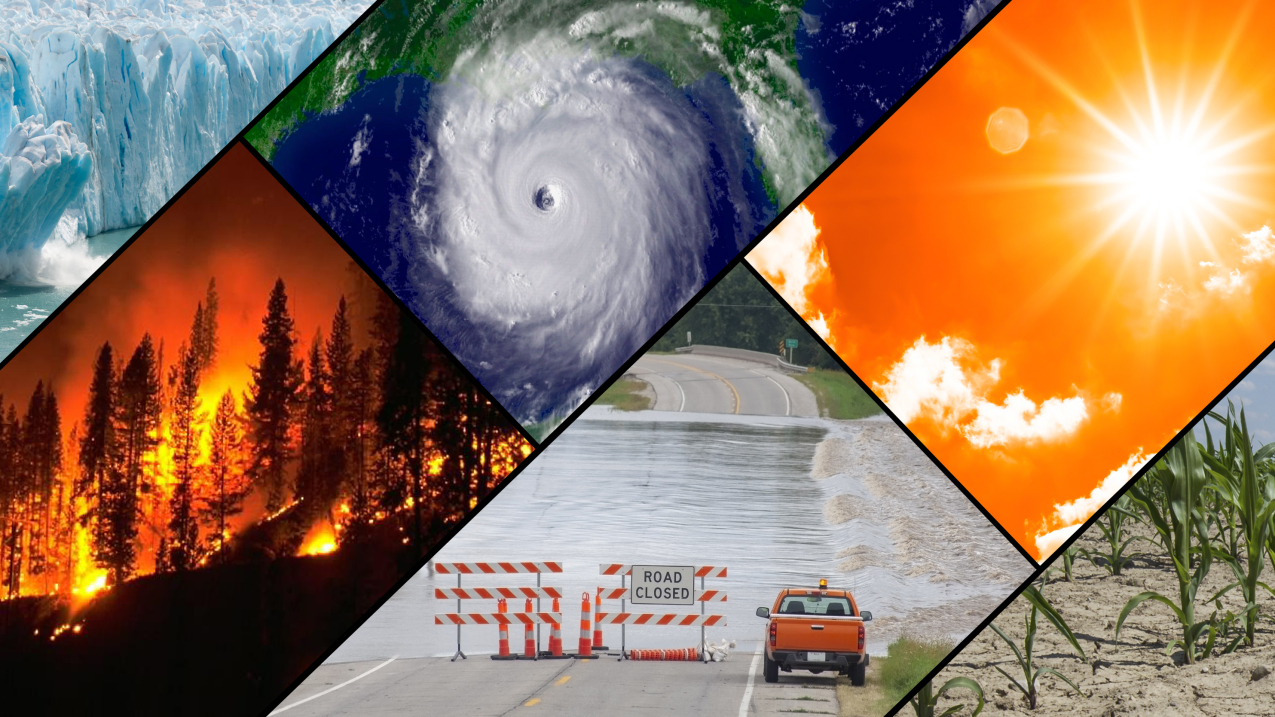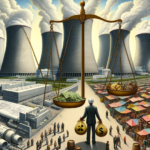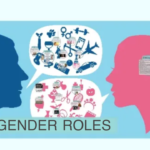Climate Change: Impacts, Mitigation Strategies, and Future Outlook
Abstract:
Climate change represents one of the most pressing challenges of our time, with far-reaching implications for ecosystems, economies, and human well-being. This research paper offers a comprehensive analysis of climate change, exploring its causes, effects, mitigation strategies, and potential future scenarios. Drawing upon a diverse array of scientific studies, policy documents, and expert analyses, this paper seeks to deepen understanding of climate change and inform efforts to address this complex global issue.
1. Introduction
- Definition of climate change and its significance.
- Overview of the Earth’s climate system and key drivers of climate change.
- Importance of addressing climate change in the context of sustainable development and global cooperation.
2. Causes of Climate Change
- Anthropogenic factors: greenhouse gas emissions (carbon dioxide, methane, nitrous oxide), deforestation, industrial activities.
- Natural factors: solar radiation, volcanic eruptions, orbital variations, ocean-atmosphere interactions.
3. Impacts of Climate Change
- Environmental impacts: rising temperatures, changing precipitation patterns, sea level rise, ocean acidification, biodiversity loss.
- Socio-economic impacts: food and water security, human health, displacement of populations, economic losses.
- Regional variations in climate change impacts and vulnerabilities.
4. Mitigation Strategies
- Reduction of greenhouse gas emissions: energy efficiency, renewable energy deployment, decarbonization of industries, transportation, and agriculture.
- Afforestation and reforestation efforts to enhance carbon sequestration.
- Adaptation measures: infrastructure resilience, disaster risk management, climate-smart agriculture, ecosystem restoration.
- International cooperation and policy frameworks (e.g., Paris Agreement) to facilitate collective action on climate change.
5. Technological Innovations and Solutions
- Advancements in clean energy technologies: solar, wind, hydroelectric, geothermal, and nuclear power.
- Carbon capture and storage (CCS) technologies to mitigate emissions from fossil fuel combustion.
- Sustainable land management practices and agricultural innovations.
- Emerging technologies for climate modeling, monitoring, and adaptation.
6. Challenges and Barriers
- Political and institutional challenges to climate action: vested interests, short-termism, lack of political will.
- Technological and financial barriers to widespread adoption of clean energy solutions.
- Equity and justice considerations in climate change mitigation and adaptation efforts.
- Communication challenges and public perception of climate change risks.
7. Future Outlook
- Potential trajectories of future climate change under different emission scenarios.
- Implications of climate change for ecosystems, economies, and societies.
- Opportunities for transformative change and sustainable development in a climate-constrained world.
- Importance of interdisciplinary research, innovation, and collaboration in addressing climate change challenges.
8. Conclusion
- Summary of key findings and recommendations for climate action.
- Call to action for policymakers, businesses, civil society, and individuals to prioritize climate change mitigation and adaptation efforts.
- Emphasis on the urgency of collective action and international cooperation to safeguard the planet for future generations.
References
- Extensive bibliography comprising peer-reviewed articles, IPCC reports, policy documents, and authoritative sources on climate change science, policy, and solutions.
This research paper seeks to provide a comprehensive overview of climate change, synthesizing current scientific knowledge, policy insights, and technological innovations. By elucidating the causes, impacts, and mitigation strategies related to climate change, this paper aims to empower stakeholders to take informed action towards building a more sustainable and resilient future.


